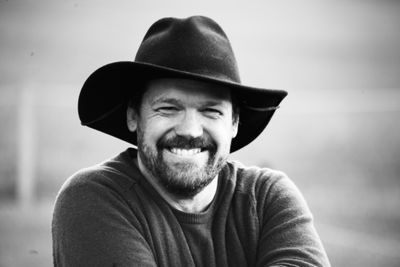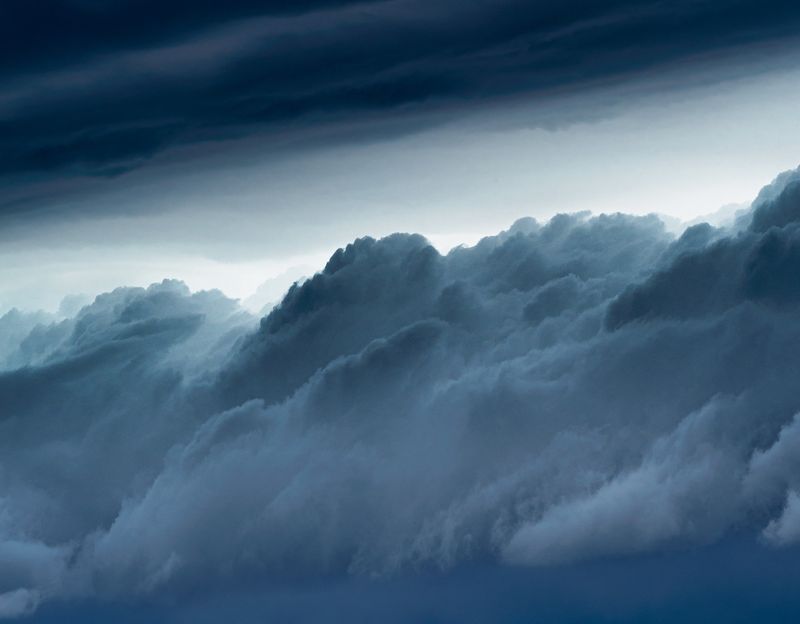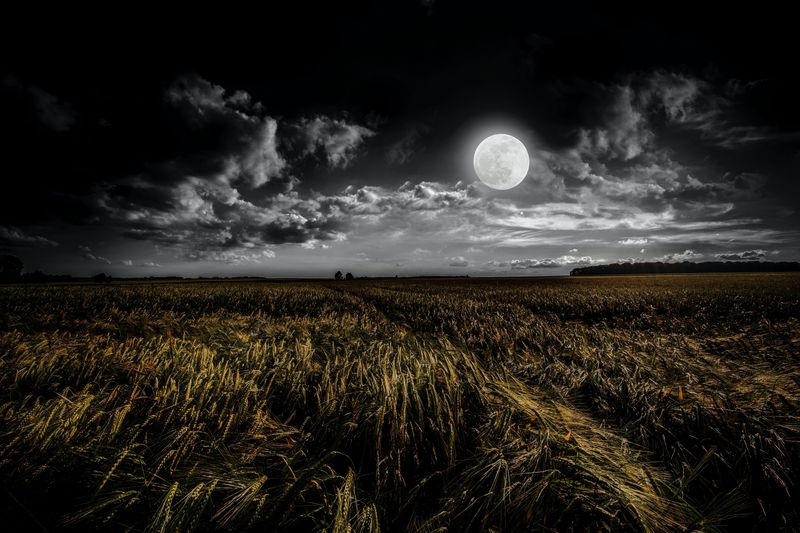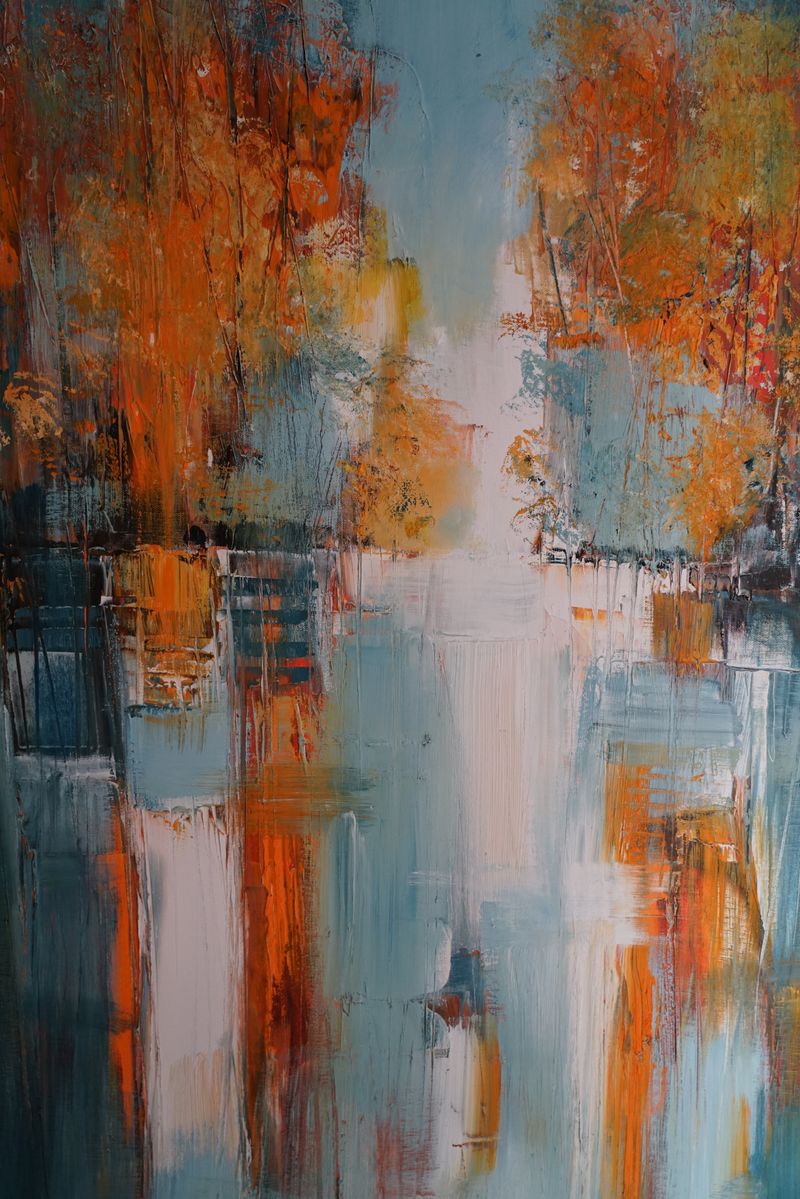The world is vastly more complex than our human minds have capacity to handle. This seems like a fairly simple truth.
If you think just of the sheer number of highly evolved organisms on Earth, the sheer number of potent processes, forces, chemical reactions and so on, all interacting within the surprising unfold of relationship to each other, and evolving new tensions, forces and existences every moment, it seems pretty clear that our minds are nowhere close to parsing the truth of what’s going on.
Mind you, the human mind is an incredible vehicle for holding complexity, wouldn’t you say? Giving us our due, complexity is actually something we’re wired for. We are consummate pattern-recognisers.
Especially if a human can experience a certain wholeness of perception—allowing the contribution of the body, the unconscious, ancestral experience, for example, and especially the consciousness we share as a body of life on Earth—we can then become impressive holders of complex insight.
Its just that said capacity holds no candle to the unfolding universe. We are small organisms. All that capacity just mentioned gives us great advantage, and opportunity in abundance, but it doesn’t mean we know what’s going on.
Most people I say this to nod in agreement. But I think together we routinely miss its significance. I know I do, and I have no clue what else I'm missing.
For example, how is the future made? I’m asking this because, in the circles that I wander in, there is a great deal of brilliant analysis about what has gone wrong in the world, in human culture, in history, to bring us to a point of potential extinction, or at least overshoot and collapse. There is also a great deal of brilliant insight into what kind of a people we would need to be, how we would need to organise, to see ourselves, to relate to each other and the world, in order to dwell well here on Earth.
But there is also a common question when we hear how things might have gone wrong, and how they might go right, asking—how do we get from here to there? It's often asked with a sense of salient urgency, of being at the nub of the issues.
Answers are so often vague. Occasionally I hear a comfortably vague answer, though, someone sensing the question as a relaxed orientation tool—a way to face in the right direction. I liked this one from B. Lorraine Smith, in the question time of a talk she gave:
‘Generally speaking on a global economic level, where we are now, we are linear, mechanistic thinkers who are feeding a sense of separation—that’s probably not a big headline—and we organise things in boxes, right? We want to compare, contrast, measure, manage, and its all this kind of linear universe.
[But] nature, is like,’
—she says with a grimace and laugh that indicates a phase shift of difference,
‘actually, …there’s this other way, that’s far more what might feel like chaos, but its like a kaleidoscope, right, it moves in this ebby, flowy, interconnected, swirly, bursty, shrinky way.’
Lots of animated graceful movements with her hands, at this point, with flickery fingers to attempt communication of what I’ve been speaking to: the complexity of the world.
So, I’m not aware of a universe in which we go from one to the other.
…What I think will happen—to be honest, what I think is happening, is a cascade of collapse, in tandem with a cascade of emergence. And I think that happens on smaller and larger scales, and I think for some it entails a tremendous amount of what I think we would probably humanly term as suffering. And then for others I think it entails great elegance and renewal and rejuvenation.
And its far beyond my humble human ken to be able to say which one happens where, for whom, when. My rule that I accept right now is to say, borrowing from Charles Eisenstein—my heart knows a more beautiful world is possible, and so I look for ways that I can bend the arc of my possible.1
Other people are not comfortable with the vagueness, and want ‘better’ answers. And there’s a feeling that better answers do exist. Some people have attempted to lay out a path, a comprehensive overview of what a successful navigation of peril might look like. The premise of Joe Brewer’s book, The Design Pathway for Regenerating Earth, as you can hear in the title, has a crack at this. Paddy LeFlufy, in his book, Building Tomorrow: Averting Environmental Crisis With a New Economic System, goes for something like a comprehensive picture of problem-space to solution-space. And others too bring their erudite ecosystems of insight to bear on the problem.
I don’t know about you, but whenever I hear a brilliantly put together pathway, however much I might have wanted someone to lay out the way to get to a better future, it feels structurally inadequate. And I think it always will. Probably because the complexity of the world overwhelms it. The possibility for deep surprise inherent in earthly emergence looms over the work and giggles with mischief. We sense this in our born-of-the-world bones.
But don’t we need to know how to get there, from here? How do we make it if we don’t? It seems to me, how you orient on that question depends a lot, amongst other things, on how you feel that the future is made.
Is the future made out of our collective choices? That seems a simplistic idea, quite anthropocentric and even within the human realm, rather clumsily limited to the prefrontal cortex and Newtonian notions of 'impact'. And what other mechanistic ideas of the world have we been taught to think?
But I’m not game to guess about how it actually unfolds. The future is probably made in ways too large, too crazily fractally fiddly, to be accessible to us. Even the past, with the benefit of hindsight and teams of historians to thresh it out, is impossibly crenulated, labyrinthine, enfolded. It’s not possible to say what really happened. Or what is happening now. Or what will happen.
If you think about it, wanting to know how to get from here to there is a small example of our culture’s longstanding desire, in general, to predict and control. It’s understandable, but not terribly useful. And it seems to me that letting go of that desire, and hence the logistics it entails, really helps a person, and groups, to contribute meaningfully to the unfold of potential.
There are ways of working with complexity, such complexity that is far beyond our capacity to parse. Because we are part of the creative universe, we will not stop creating, but we'd like to do it well, wouldn't we? To stop the damage and become contributors to life thriving. And so we need to learn to be comfortable with complexity that's too large for us.
The desire to predict and control is a woefully limited aspiration, and a dangerous thing to get 'good' at. It will never work and we wouldn't want it to. In the words of Bill Callahan,
We stand under it, but we don't understand it.2
To sense and respond, though, is the way of life everywhere.
In that sense, to accept that we don’t understand doesn’t mean we give up agency. Quite the opposite. We become far more sensitive in our creativity, this way, and can gain acceptance from the rest of the living world, maybe joining the abundant nature of the syntropic forces that are good for us and all life. The capacity we do hold for complex insight—which remember is still significant—might then come into its own.
I’ll work to embody, in future posts, what I’m talking about in less abstract terms. But for now, I know that for me at least, abstract acceptance of the unknowable is a very good place to start.
When it comes to the future and how it is made, we have no real choice, and I think we’ll find that’s a very good thing.
References:
1. B. Lorraine Smith, presentation, Thrutopia Masterclass, https://thrutopia.life/
2. Bill Callahan, Night, from the album Woke on a Whaleheart, Drag City, 2007
Image — Dave (iamthedave)
Comments? If you would like to say something about this post, I'd love that. For personal reasons, I don't enable comments on the blog site, but please feel free to write to me—andy@wearehumans.com.au






